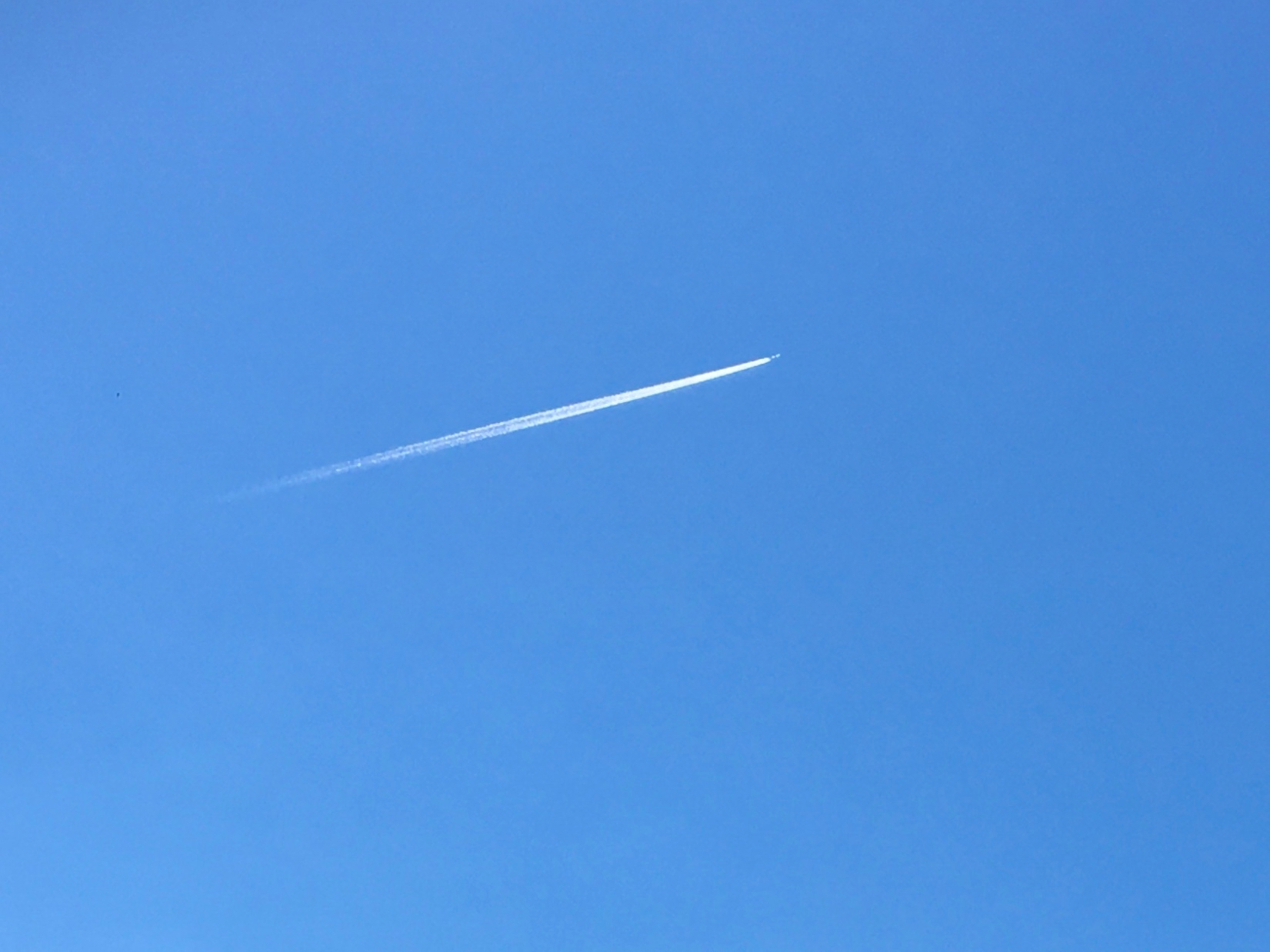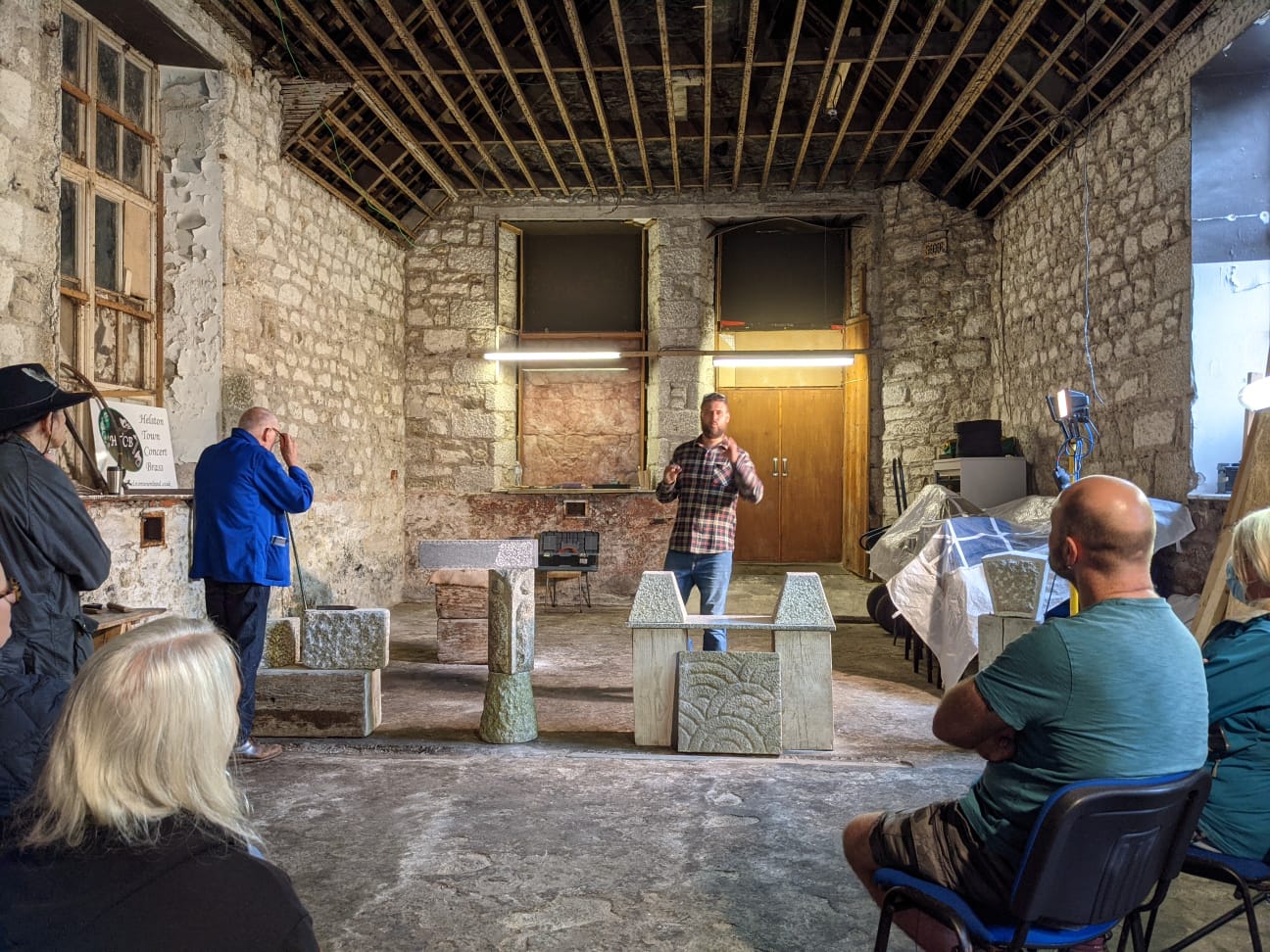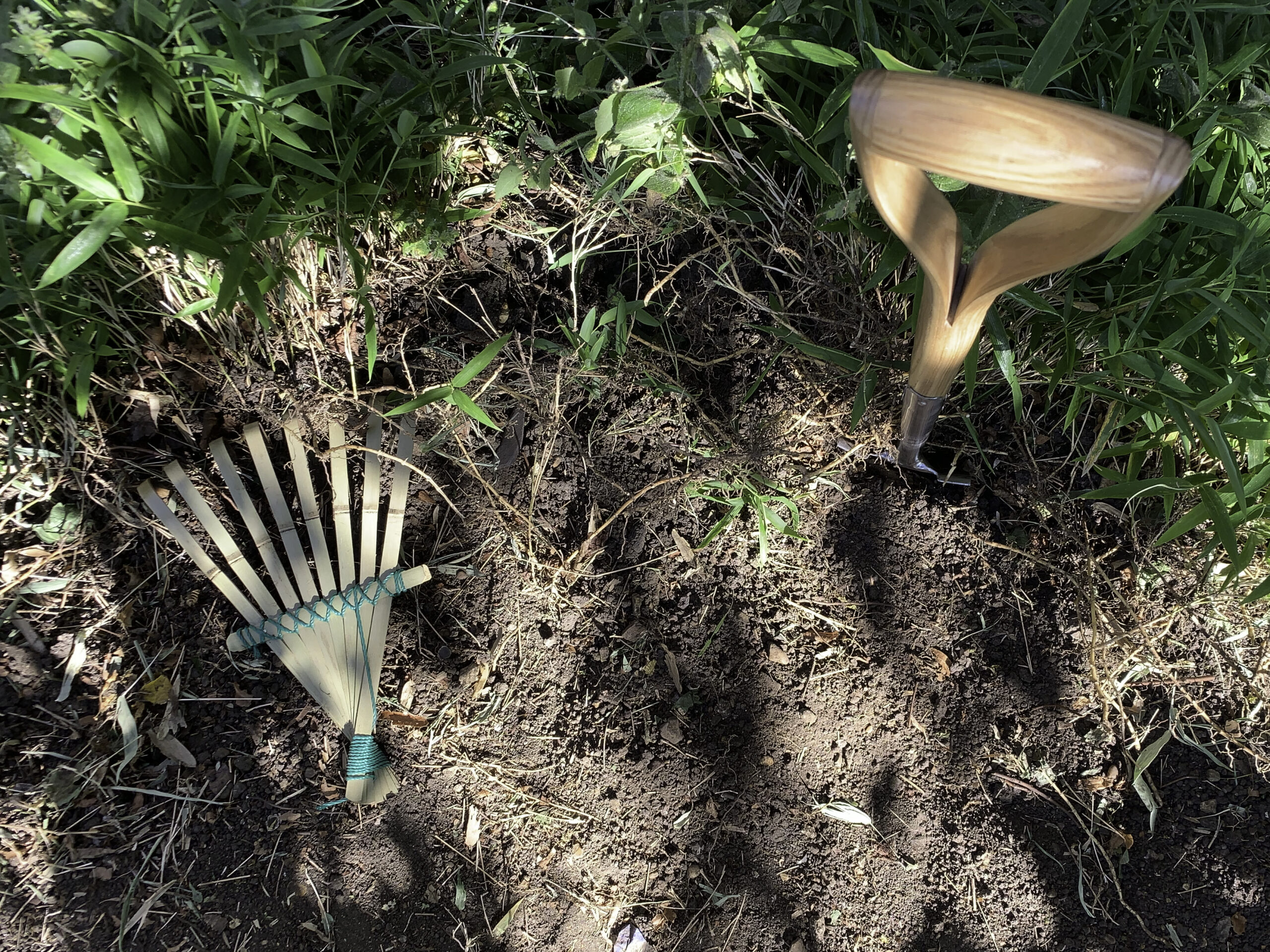In 2020 we invited artists who were part of CAST’s programme to write about what they had been doing, thinking and reading during the lockdown.
Poet Rachael Allen revisited familiar writing, observing how meanings shift as a result of isolation and the loss of physical contact: ‘For a while, it felt like every poem I read might have spoken to the crisis, reading as we do what is around us into the work that has been written before.’
Melanie Smith reflected on new relations with the screen, whose use as an interactive portal brought us ‘to reconfigure our understanding of our own space, our own circumstances and interiority’.
For Christina Mackie the ‘eternity’ of lockdown was a period of repair and renewal, domestic activity and quiet contemplation: ‘I had work to do to bring home and the past and present together’.
In diary notes, painter Denzil Forrester traced the impact of Covid-19 on his work and reflected on the ways in which world events now enter our lives. He connected the death of George Floyd in Minneapolis on 25 May 2020 with the death of his friend Winston Rose, who died in police custody in London in July 1981.
Writer and film-maker Jane Darke was at her home on the north coast of Cornwall throughout lockdown. She described the urgency driving the book she is writing, a ‘concise, fast tour’ of the historical, political and economic background to global warming: ‘Radical changes are required for my grandchildren to have a future.’
Painter Phillippa Clayden wrote about the impact of lockdown on her studio practice: ‘we have been afforded the time to focus without distraction. I have found that working inward gives clarity to outward events.’
Penzance-based artist Hadrian Pigott was reading Stephen Hawking’s A Brief History of Time: ‘My approach to the inevitable incomprehension has been simply to let the words wash over me . . . the book has woken something up in me. Maybe it’s connectedness, maybe it’s disassociation, a sense of scale and proportion and wonderment.’
Adam Chodzko traced the diverse strands of his thinking and reading, beginning well before the start of lockdown and ending with words of advice from the family of foxes that have been living in his back garden in Whitstable: ‘We know about those stories about the wet market in Wuhan. That, I’m afraid, is all your fault(s). But we have high hopes for you. As a species you just need to be given a lot more time.’


